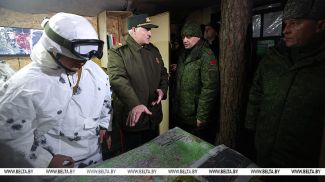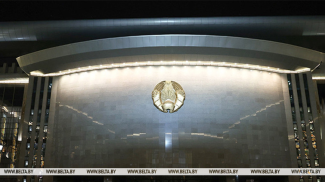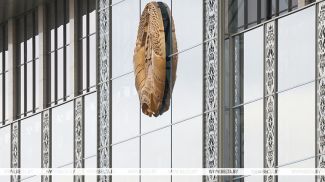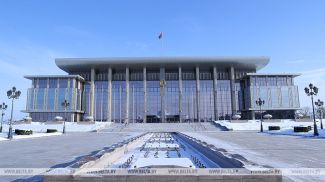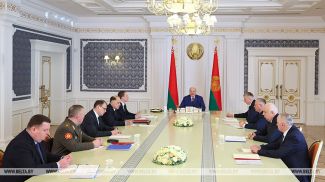
OMAN, 17 December (BelTA) – Belarusian President Aleksandr Lukashenko continues his working visit to the Sultanate of Oman. Today he is visiting SOHAR Port and Freezone, BelTA learned.
These facilities hold an important place in the plans to develop trade and economic cooperation.
The day before, Aleksandr Lukashenko told journalists about the proposal of Sultan of Oman Haitham bin Tariq Al Said to create a hub of Belarusian goods in the country.
“It is very important for us to define a point, a port, or maybe we will look at something else, through which our technologies, which are needed in Oman, will come. Therefore, we will use Belarusian technologies to create joint ventures here and move west, east, north from here, from the Indian Ocean, selling our goods,” Aleksandr Lukashenko said. “Sultan made a very good proposal to create a hub here, a center of Belarusian goods. I told him honestly yesterday that we learned to produce a lot of things but are yet to learn to trade. Meanwhile, Omani people have been involved in commerce since ancient times. They promised to help us in this respect.”
SOHAR Port was built in 2002 and is located southeast of the Strait of Hormuz, on the Gulf of Oman. It handles more than 1 million tonnes of sea cargo per week and about 3,500 vessels per year.
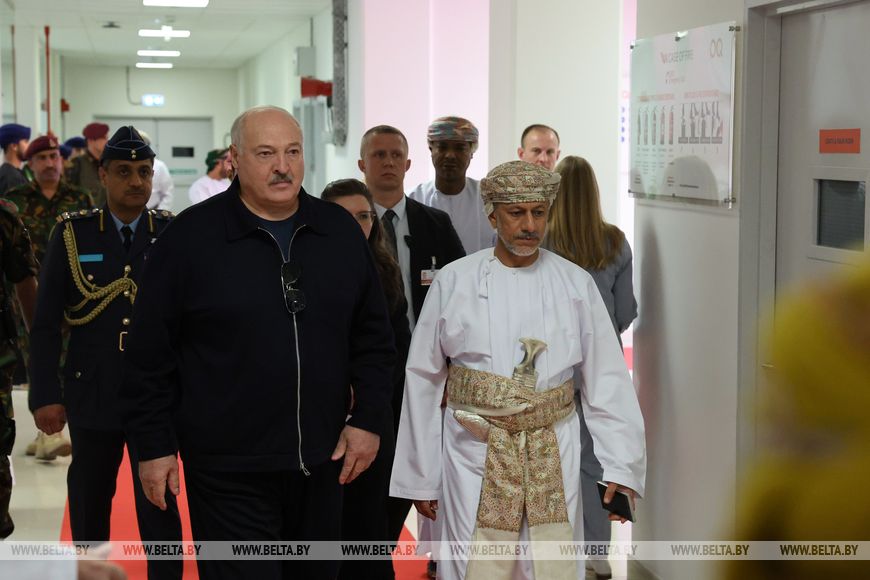
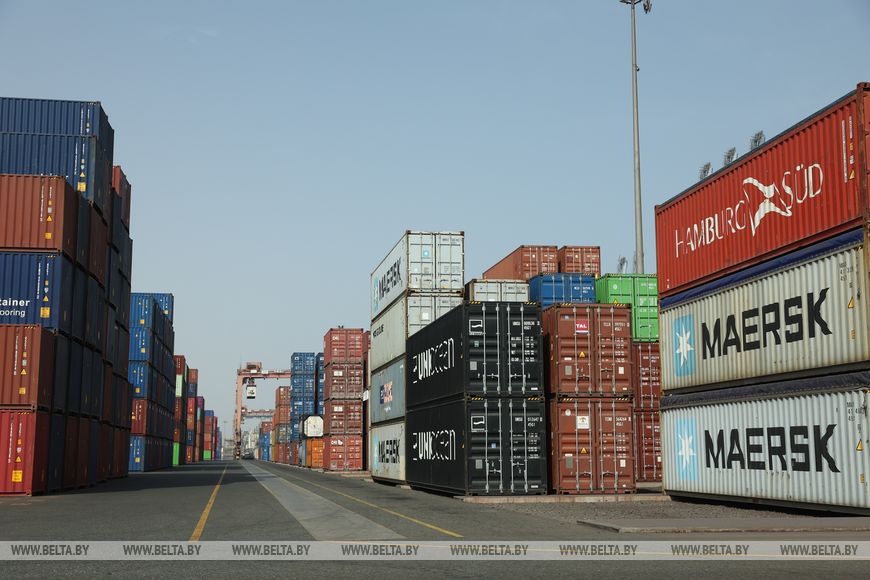
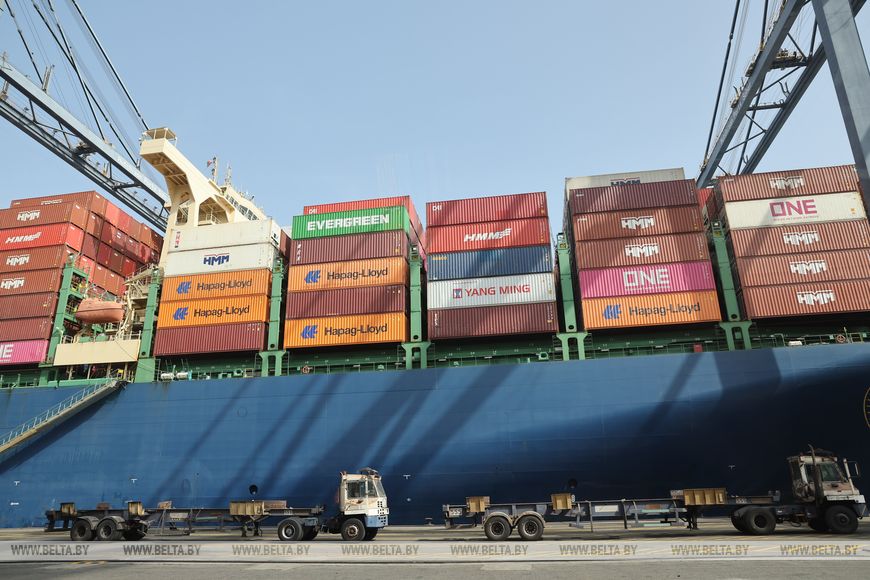
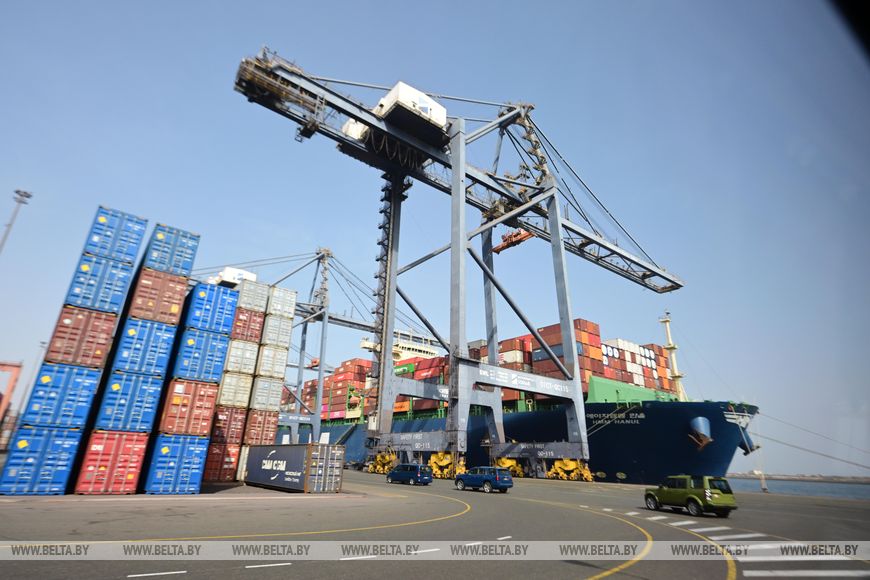
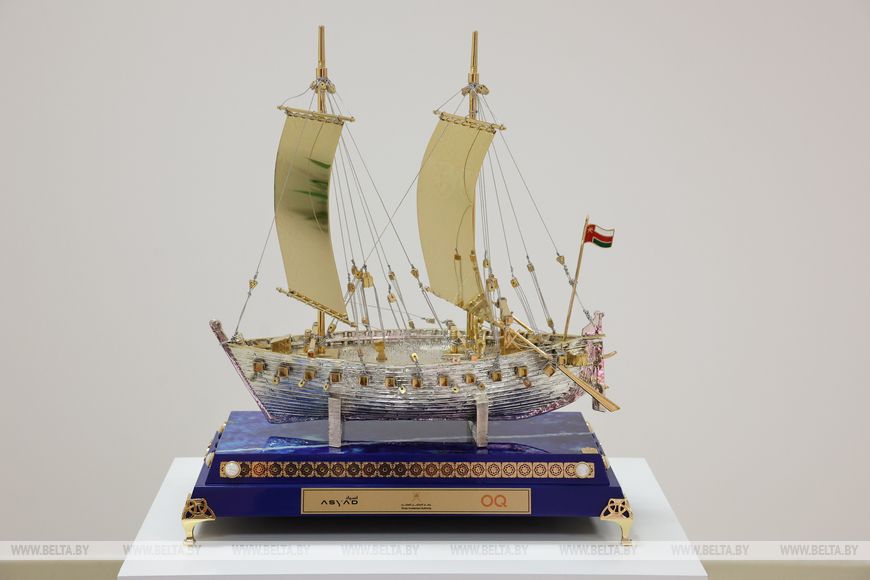
Since its establishment, SOHAR Port and Freezone has attracted over $26 billion in investments and has become one of the most successful industrial zones in the Gulf region. It features the enterprises of petrochemical, logistics, plastics, metallurgy, mining, food and automotive industries.
The freezone offers convenient logistics, zero import and re-export duties, exemption from corporate income taxes for up to 25 years and no personal income tax. Products manufactured here receive a number of benefits under Oman's intergovernmental agreements.
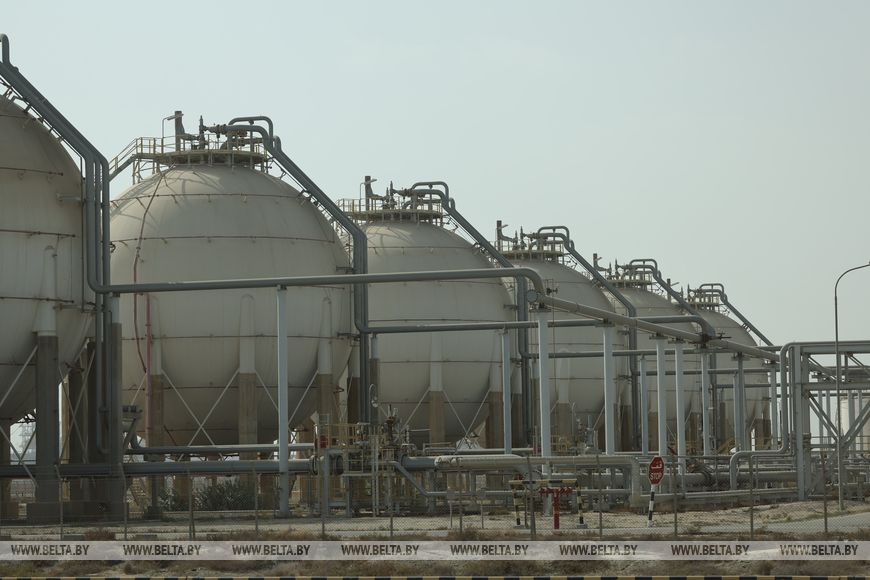
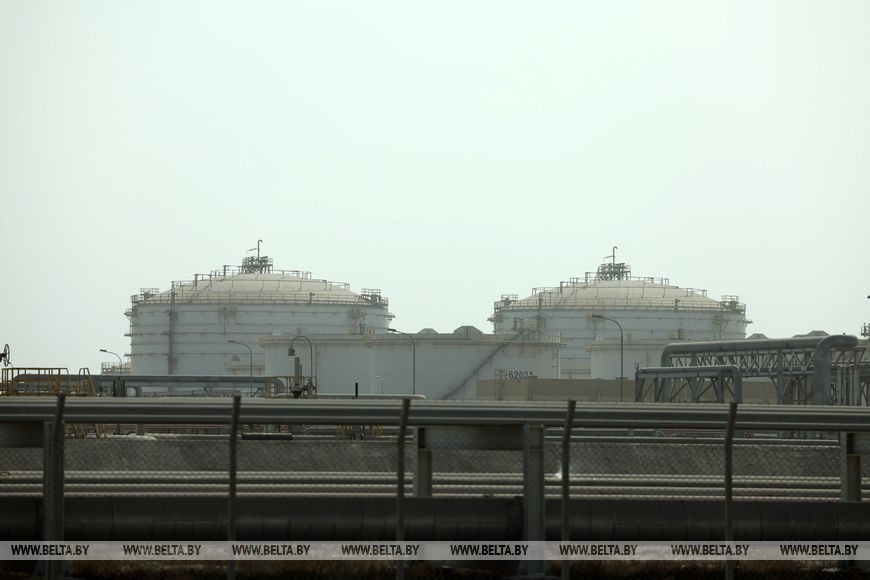
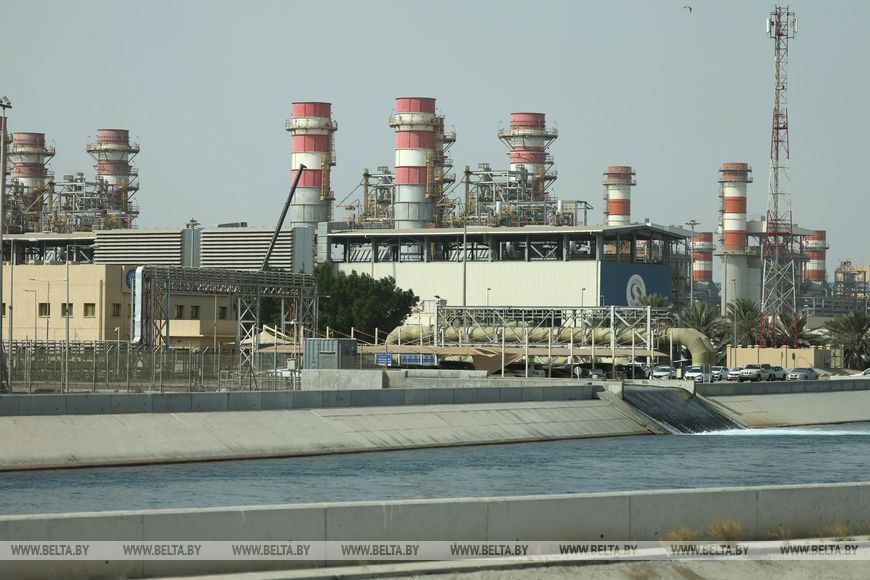
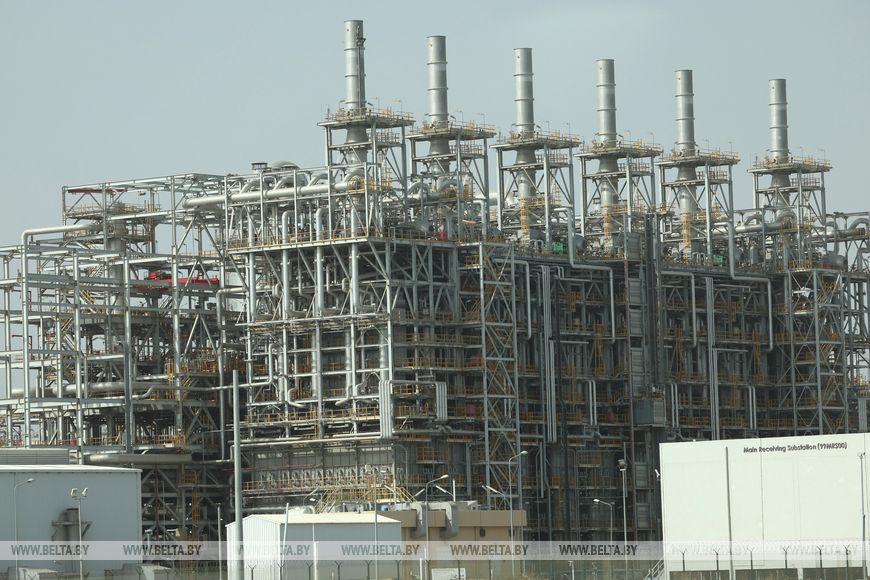
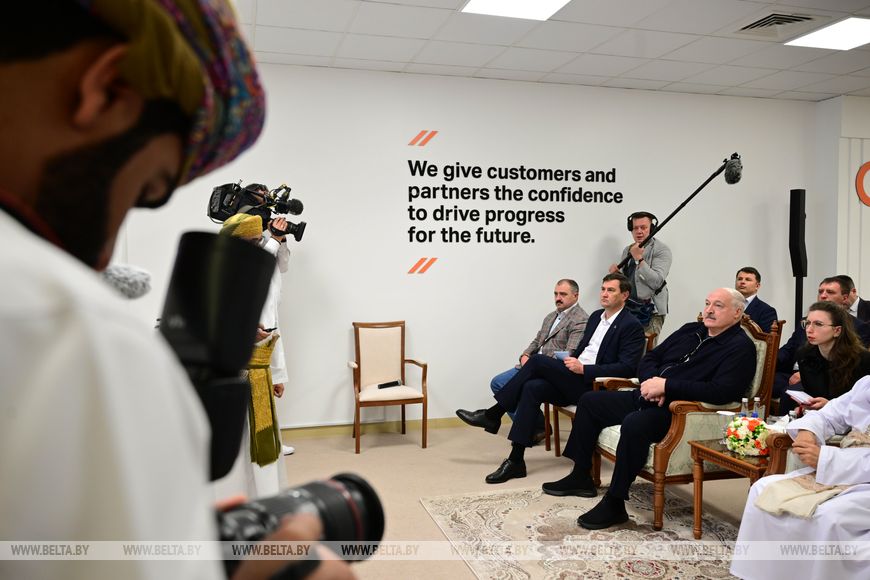
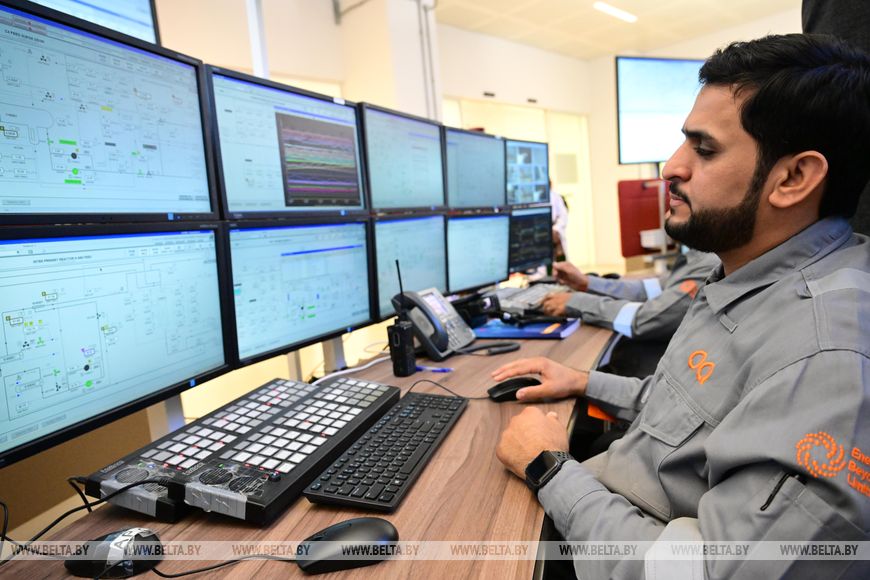
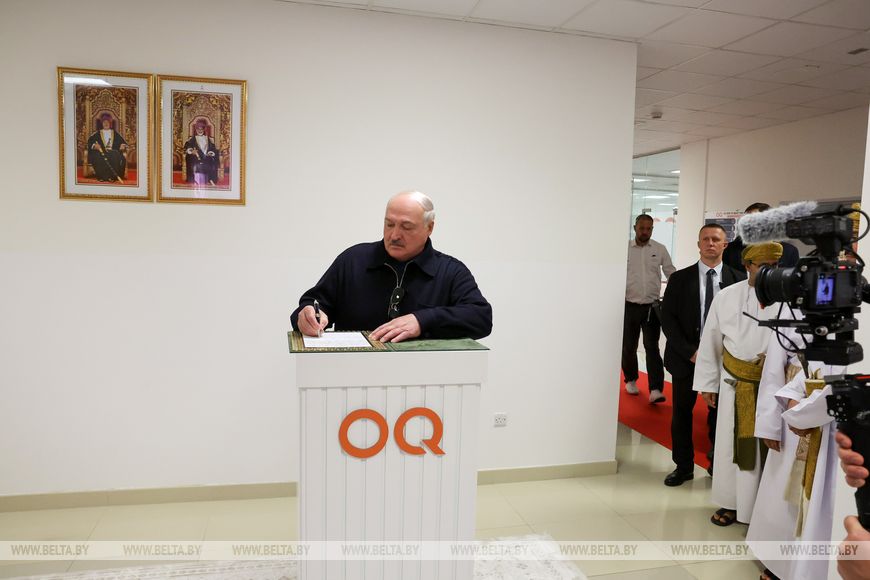
These facilities hold an important place in the plans to develop trade and economic cooperation.
The day before, Aleksandr Lukashenko told journalists about the proposal of Sultan of Oman Haitham bin Tariq Al Said to create a hub of Belarusian goods in the country.
SOHAR Port was built in 2002 and is located southeast of the Strait of Hormuz, on the Gulf of Oman. It handles more than 1 million tonnes of sea cargo per week and about 3,500 vessels per year.





SOHAR Freezone was established in 2010 next to the port. The deep-water port and the adjacent freezone are located in the administrative center of Al Batinah North Governorate, halfway between the cities of Dubai (UAE) and Muscat (Oman). They occupy the territory of 45 square kilometers. SOHAR Freezone is one of four special economic zones on the territory of Oman, in addition to Salalah Free Zone, Al Muzanah Free Zone on the border with Yemen, and Al Duqm City that also has the status of FEZ. SOHAR Port and Freezone is managed by SOHAR Industrial Port Company (SIPC) and is a joint venture between the Port of Rotterdam and the Sultanate of Oman.
Since its establishment, SOHAR Port and Freezone has attracted over $26 billion in investments and has become one of the most successful industrial zones in the Gulf region. It features the enterprises of petrochemical, logistics, plastics, metallurgy, mining, food and automotive industries.
The freezone offers convenient logistics, zero import and re-export duties, exemption from corporate income taxes for up to 25 years and no personal income tax. Products manufactured here receive a number of benefits under Oman's intergovernmental agreements.











